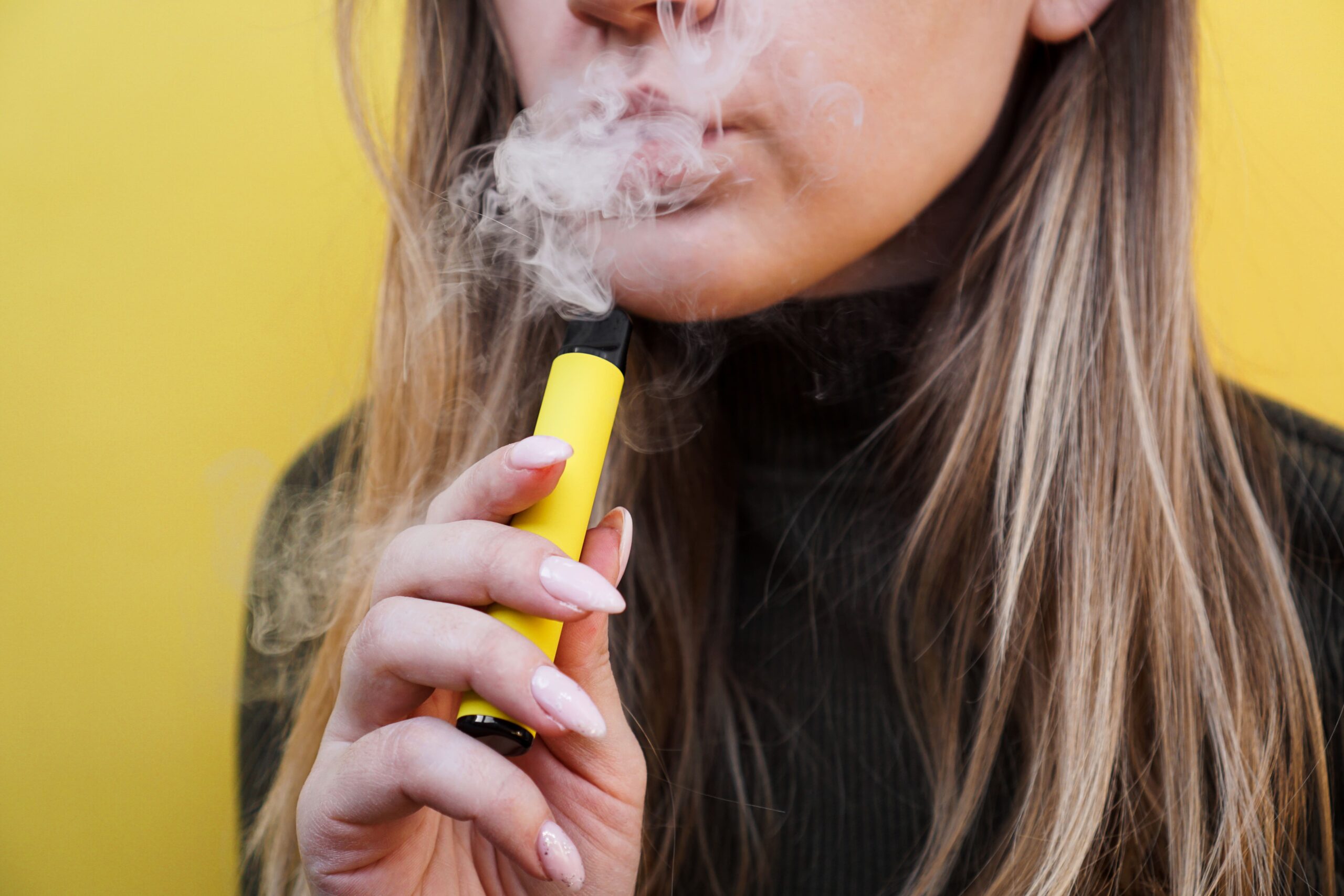Share This Article
The importation of disposable vapes is now banned in Australia, irrespective of the product’s nicotine content.
This change was introduced on 1 January 2024, meaning that it is now unlawful to import disposable vapes even where they were ordered prior to this date and have not yet arrived in Australia.
‘Vapes’ or electronic cigarettes / ‘e-cigarettes’ are devices which heat liquid, usually containing nicotine, into vapour, which is then inhaled.
Disposable vapes are devices which are fully assembled and fixed permanently in place, in circumstances where they are not designed or intended to be disassembled. These vapes are pre‑filled with liquid and are not designed to be refilled.
The Minister for Health and Aged Care, Mark Butler remarked how the harsher laws would seek to close the ‘biggest loophole in Australian healthcare history’.
Whilst the importation of vapes without authorisation has been outlawed for numerous years, a review from the Therapeutic Goods Administration found that many were entering into the country on the pretence that they did not contain nicotine.
Furthermore, consumers with a prescription were previously permitted to legally import e-cigarettes containing vaporiser nicotine from overseas to aide in smoking cessation. Under the scheme, patients could order a maximum of three months’ supply at one time and a maximum of 15 months’ supply in a 12-month period, for personal use.
The reform now seeks to streamline and limit the availability of vapes by also banning disposable vapes which contain no nicotine, as well as phasing out the personal importation scheme.
This will mean that vapers with prescriptions will only be able to purchase vapes from pharmacies.
The current ban also applies to individuals who have ordered disposable vapes from overseas for therapeutic use under the personal importation scheme.
A limited exception to the reform will apply to international travellers arriving in Australia enabling them to carry a small quantity of vapes for their treatment or the treatment of someone travelling with them under their care.
The ban on importing disposable vapes is referred to as the ‘first stage of the Albanese Government’s vaping reforms’.
From 1 March 2024, the importation of all non-therapeutic vapes (i.e., not just disposable vapes and including those which enable the liquid to be refilled) will be prohibited.
Furthermore, on this date, the importation of all vapes under the personal importation scheme will end. Patients will no longer be able to order vapes directly from overseas, even if they have a prescription.
The Federal Government also plans to introduce further legislative change in early 2024 to prevent the domestic manufacture, advertisement, supply, and commercial possession of disposable vapes.
This highlights the manner in which the Government is seeking “to ensure comprehensive controls across all levels of the supply chain.”
It is important to note that the states and territories across Australia already criminalise selling nicotine vaping products to consumers, as well as possessing nicotine vaping products without a prescription.
On 1 October 2021, the definition of nicotine in Schedule 4 of the Poisons Standard, was amended to include all nicotine vaping products as ‘prescription only’ medicines.
The federal regulations which introduced the recent reform are the ‘Therapeutic Goods Legislation Amendment (Vaping) Regulations 2023’ and the ‘Customs Legislation Amendment (Vaping Goods) Regulations 2023’.
The regulations prescribe that the importation of vaping goods into Australia is prohibited unless the person importing them has a licence to import the vaping goods granted by a prescribed authority or written permission.
What is the Penalty for Importing Vapes Illegally?
Stringent penalties apply to the illegal importation or supply of counterfeit or unapproved therapeutic goods (i.e., vapes), with a maximum of five years’ imprisonment and/or a fine of $1,252,000 (4,000 penalty units x current value of $313).
Section 14 of the Therapeutic Goods Act 1989 (Cth) criminalises importing, supplying, or exporting goods that do not comply with standards.
A person will commit this offence where they import therapeutic goods into Australia without consent, and the goods do not conform with the standard applicable.
The prosecution is also required to prove that the use of the goods will result in, or would be likely to result in, harm or injury to any person.
Where the Court is not satisfied that the goods would result in such harm, a maximum penalty of 12 months imprisonment and or a fine of $313,000 (1,000 penalty units x current value of $313) is instead applicable.
If sought to be imported without authorisation, the vaping products may be seized as prohibited imports under the Customs Act 1901 (Cth).
In 2023, more than 35 tonnes of vaping products suspected to contain nicotine were seized in one month. The Therapeutic Goods Administration estimated that more than 92% (i.e., around 376,000 products) were unlawful – which they reported would amount to more than $11 million in street value.









